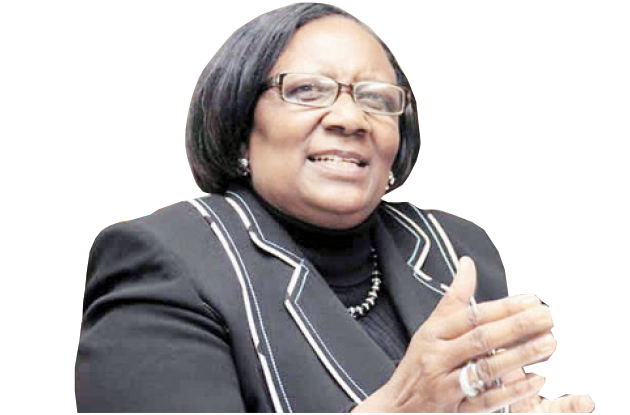EDITORIAL COMMENT: Civil servants’ bonus breakthrough welcome

After months of halting negotiations and the tabling by the Government of rare, in-kind payment proposals for civil servants’ 2016 annual bonuses the employer and its workers yesterday struck an agreement.
It is an inspiring agreement that we hope will engender more labour stability in future in the public service. Civil servants immediately welcomed the deal which will see the Government paying them their bonuses on a staggered basis between April and August. Junior doctors who had been on strike over the past few weeks were encouraged by the bonus deal, in addition to a few other concessions they managed to extract from the Government on Friday, to return to work. The doctors were pressing for higher allowances, a review of a vehicle loan scheme for them and guarantees that more of their colleagues would secure jobs in the public sector.
In the Friday agreement, the Government agreed to increase junior doctors’ on-call allowances from $288 per month to $360 per month. It also increased the night duty allowance from $50 to $91 on a sliding scale. A duty-free incentive for junior doctors’ vehicles was replaced by an employer assisted car loan scheme. The Government has also availed 250 posts for junior doctors.
Labour unrest is always counterproductive whether it occurs in the private or public sector. It wastes time, it creates unnecessary acrimony. In some cases it may lead to avoidable suffering and death. No government can run when its workers lack motivation to implement its programmes and projects. There can be no worse time for strikes, go-slows and other industrial action than now when the Government is fighting to revive the economy.
Minister of Public Service, Labour and Social Welfare Prisca Mupfumira, her finance and health counterparts Patrick Chinamasa and David Parirenyatwa respectively met civil servants leaders in Harare yesterday and reached the agreement. Also attending was Reserve Bank of Zimbabwe Governor Dr John Mangudya.
The Zimbabwe National Army, Air Force of Zimbabwe and the health sector will be paid next month, while police and Zimbabwe Prisons and Correctional Services will get their delayed bonuses in May. The education sector will get their 13th cheques in June and the rest of the civil service in August.
“I am glad to report that after deliberations we have finally come up with an agreed position where we are going to be paying our civil servants their bonuses in a staggered form. The money will be paid beginning end of April, May, June and August. We have discussed and agreed. It’s feasible to give them in August and not July. The issue is we have agreed on a position and we are going to be making our payments,” said Minister Mupfumira.
Civil servants are predictably over the moon.
“We’ve agreed to the Government’s proposal to pay the civil servants bonuses in cash. Although staggered, this is a welcome development. We’re happy that the issue has been finalised. We’re also glad that all civil servants will be paid in uniformity, instead of cash for some and stands for others. We commend the Government for considering the welfare of its workers,” said Apex Council chairperson Mrs Cecilia Alexander.
The deal came after the meeting held in January when the Government came up with three really innovative proposals to pay the bonuses. The employer suggested to pay them through residential stands, a cash stipend coupled with non-monetary benefits or property investment bonds. Civil servants flatly rejected the proposals insisting that they wanted cash.
These suggestions were floated as a way to circumvent the financial constraints the Government is facing. While some found the in-kind proposals strange, what we learn from them is the ever-present commitment by the employer to meet its obligations to its workers. At the same time, we learn the difficulties the Government is facing in not only delivering a number of other services, but also in paying its workers amid the economic challenges.
One could not miss the commitment the Government has in upholding the welfare of its workers. Thus, we commend the Government for that and urge other employers to always put the welfare of their employees first. This message is very important at this time in our history when the economy is not performing well and when some employers, particularly in the private sector are taking advantage of the difficulties to pay their workers slave wages while the bosses enjoy hefty packages.
Having said this, we demand that civil servants work harder wherever they are deployed, always appreciating that the Government has their welfare at heart. The public expect proper services when they visit a hospital, a police station, a school or any government office. They don’t expect to be welcomed by jacket-wearing chairs. They don’t expect to be serviced by aloof civil servants who keep them waiting in queues forever.











Comments